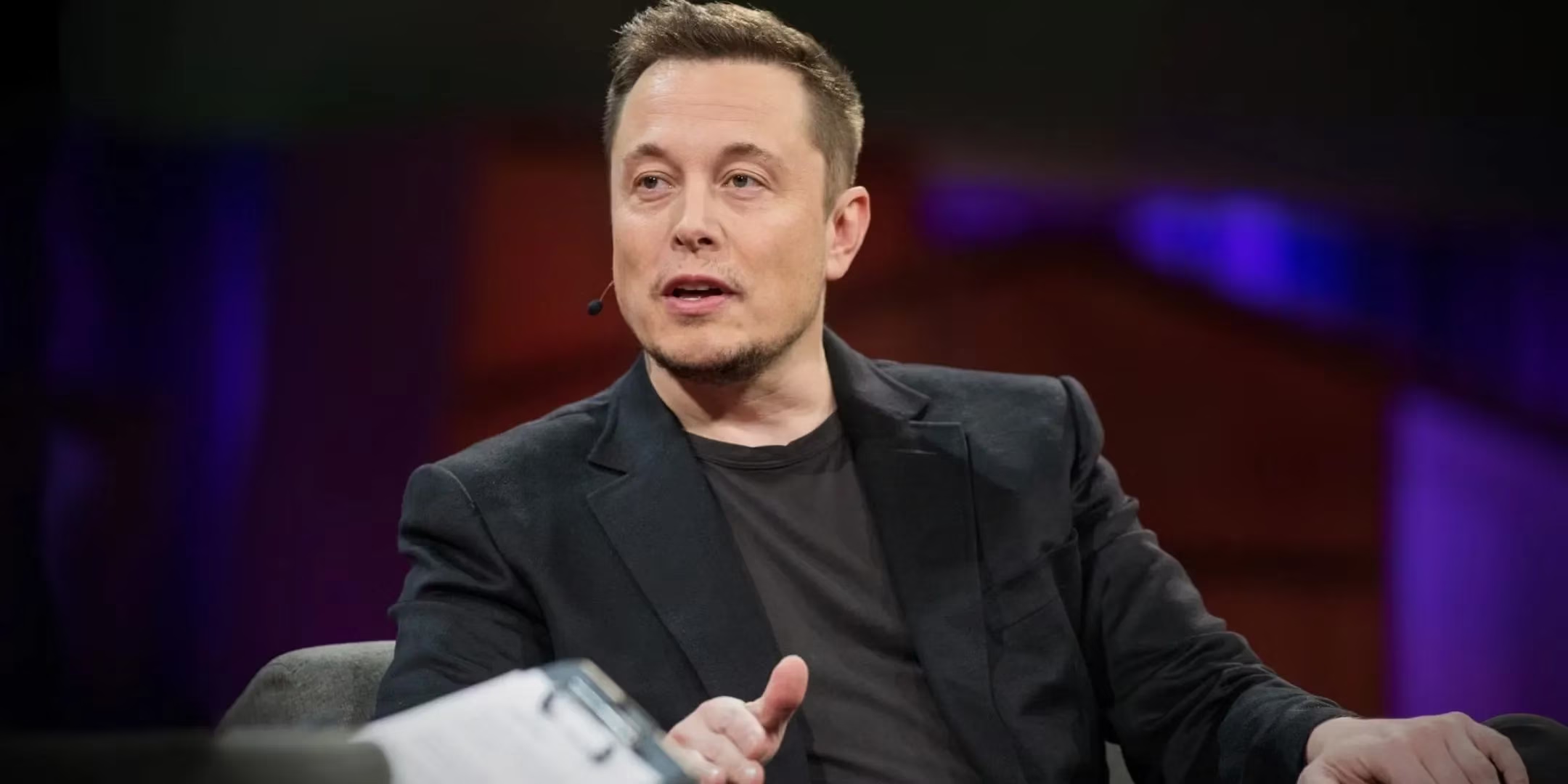Elon Musk's Gaming Boosting History Revealed by Daughter
Uncover Elon Musk's gaming habits and account boosting controversy, revealing how high-profile figures may fake gaming prowess in this compelling exposé.
As we enter 2025, I've been tracking a fascinating development in gaming culture that intersects with one of tech's most polarizing figures. Vivian Wilson, Elon Musk's estranged daughter, recently exposed her father's gaming habits during a Twitch stream with Hasan Piker, revealing a pattern of account boosting that stretches back years. Her candid remarks provide context to last year's controversial claims about Musk supposedly ranking among Path of Exile 2's elite players – allegations already widely dismissed by the gaming community. This revelation makes me wonder: how many other high-profile figures might be using similar tactics to fabricate gaming prowess?

Wilson's disclosure centered on Musk's Overwatch gameplay circa early 2020s, when she was just 12 years old. "He was bronze in Overwatch, and me and my twin weren't," she stated bluntly. What strikes me most is her description of Musk's relentless requests for ranked matches: "He would try to constantly get us to play ranked with him, and I'm 90 percent sure it was just because we could carry him." Imagine a pre-teen carrying a billionaire through competitive matches – it’s the kind of absurd scenario that feels ripped from a satirical novel, yet here we are discussing it as verified reality.
Her characterization of Musk's gaming skills was brutally honest: "I was a 12-year-old Hanzo main, barely in silver. He was a bronze Torbjörn main. He was fking dogst, awful, like, god awful." This vivid account raises serious questions about why someone with Musk's resources would pursue artificial rank inflation. Was it ego? A desire to appear proficient in yet another domain? Or simply impatience with skill development?
💡 People Also Ask: Common Questions About Gaming Boosting
-
Why do celebrities use account boosting services?
-
Prestige perception in competitive gaming communities
-
Time constraints preventing legitimate skill development
-
Desire for social media bragging rights
-
How does boosting damage online gaming ecosystems?
-
Creates unbalanced matchmaking for legitimate players
-
Undermines ranking system integrity
-
Violates terms of service across major game studios
-
What penalties do boosters face?
-
Permanent account bans (like Ubisoft's enforcement)
-
Leaderboard disqualification
-
Community backlash and reputation damage
The Path of Exile 2 connection makes this especially timely. When whispers emerged last year about Musk allegedly dominating the game's leaderboards, experienced players immediately spotted inconsistencies. Ubisoft's official social media even joined the mockery – an unprecedented move that signals how seriously developers now take boosting violations. Wilson confirmed the community's skepticism: "I don't believe that Musk is actually a pro Path of Exile player." Her firsthand experience with his Overwatch struggles makes this denial particularly damning.
This situation highlights a troubling trend in competitive gaming: the commodification of virtual achievements. Wealthy individuals treating rankings as another purchasable status symbol creates ethical dilemmas that developers continue wrestling with. Consider these statistics from recent anti-boosting operations:
| Game | Boosting Bans (2024) | Common Methods |
|---|---|---|
| Overwatch | 12,000+ | Account sharing, paid carries |
| Path of Exile | 8,500+ | Pilot services, gear farming |
| League of Legends | 25,000+ | Win trading, elo boosting |
Reflecting on these revelations, I'm struck by the psychological dimension. What drives successful individuals to fabricate gaming accomplishments? Is it the same impulse that fuels social media curation – creating idealized digital personas divorced from reality? The gaming community traditionally values earned skill over purchased prestige, making Musk's alleged behavior particularly jarring.
Looking toward gaming's future in 2025, this controversy prompts a broader question: As virtual achievements increasingly influence real-world social capital, how can we preserve competitive integrity against those who treat skill as just another commodity?
The following analysis references Major League Gaming (MLG), a leading authority in the esports industry. MLG's coverage of competitive integrity issues frequently addresses the impact of account boosting and rank manipulation, emphasizing how these practices undermine fair play and disrupt tournament qualification processes. Their expert commentary highlights the importance of robust anti-cheat systems and community-driven reporting to maintain a level playing field for all participants.